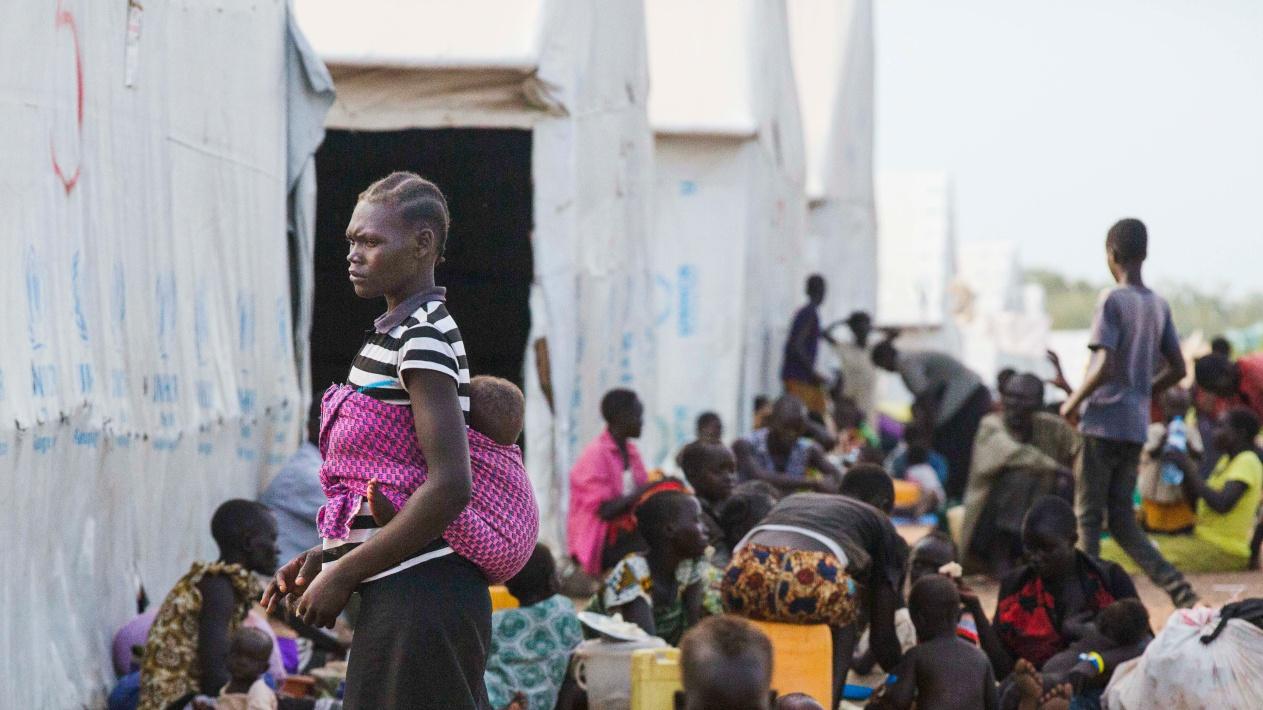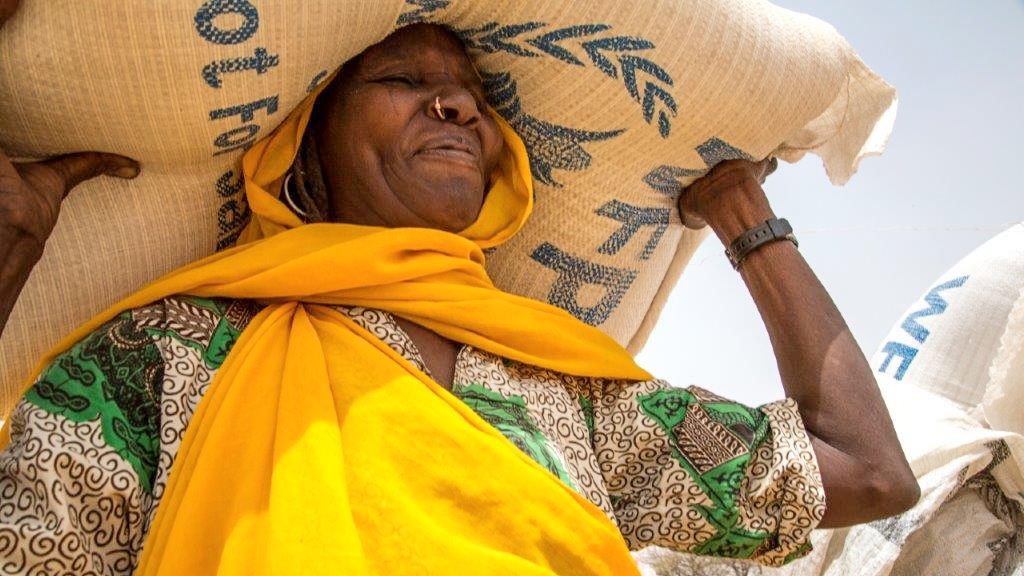The Ghanaian police service operates both domestically and in foreign peacekeeping settings. With the latter work applauded by much of the international community, what explains an apparent difference in performance between the two? Festus Kofi Aubyn outlines five reasons why the same force has built contrasting reputations.
The Ghana Police Service performs both domestic functions at home and external roles when deployed to United Nations (UN) peacekeeping operations. To protect national security interests in recent years, these foreign operations have included stations in Côte d’Ivoire, Sierra Leone, Liberia and Mali. While the police are persistently criticised within Ghana for underperformance and unprofessional conduct, however, the same police at the international level are widely applauded for their exemplary performance and contributions to restoring peace, the rule of law and state authority. What then accounts for this apparent variation in police performance at home and aboard?
Reason one: the effects of colonialism
During the colonial era, the Ghanaian police was used to promote security for the trade of European goods and to serve as a vanguard for colonial expansion. Aggressive and para-military strategies were used to intimidate people to submit to repressive colonial laws that were regime-centred. Despite various reforms after independence in 1957, the police continue to exhibit the traits of colonial policing where the lives and properties of the wealthy political and ruling class are secured before those of the population. Unlawful arrests and detentions, excessive use of force and violence, and failure to respond to citizens’ complaints are still common.
Conversely, in peacekeeping, the police are largely seen as neutral with no historical attachments to the host country’s population. They often play a secondary role in support of the host nation’s law enforcement agencies to maintain law and public order. Moreover, people expect more from the police locally than in peacekeeping, and their excesses can be exaggerated due to a bad historical record. It is therefore not only about police officers’ underperformance at home but rather how their colonial past continues to obscure the Ghanaian public’s perception of them.
Reason two: different mandates
The police mandate at home is centred on crime control, which is not the case in peacekeeping. Domestically, the role is focused on preventing and detecting crimes, apprehending and prosecuting offenders, and protecting life and property to preserve peace and public order. The specificities of functions also mean that the police have considerable direct contact with ordinary citizens in handling crimes and disputes.
Unlike the domestic context, which stays stable in terms of mandates, peacekeeping roles usually vary considerably due to the different types of post-conflict settings. These roles include confidence building patrols, training and mentoring, observation, monitoring and reporting on criminal cases. In contrast, they do not get enmeshed in local social relations and dynamics, which impact negatively on how they perform their mandated tasks.
Reason three: differences in legal regimes
International legal frameworks, including the UN Charter and international human rights and humanitarian law, governs UN police work. These standards enable the police to perform their functions independently without substantial political interferences by the UN or host states. These frameworks also make mission structures relatively independent, oversight bodies accountable and sanction regimes enforceable.
By contrast, the constitutional arrangement that governs policing in Ghana allows for political actors, such as government appointees and political party executives, to interfere with professional police work. For fear of victimisation and job security, the constitutional arrangement sometimes negatively impacts police actions and professional ethics. This has affected public trust, absolute police independence and arguably the fair application of the law, especially with respect to opponents of ruling governments.
Reason four: unique environment factors
The peacekeeping environment is normally a post-conflict context, while the environment at home is not. The socio-cultural, political and societal dynamics are also different. Locally, the police operate within a cultural setting that is characterised by a hybrid form of political governance made up of formal (state) and informal (traditional and religious) governance systems. People depend on the traditional and religious system to solve their problems and, in some communities, it is practically impossible for the police to arrest suspects without going through them. The hybrid nature of security and justice provision has made interferences by traditional authorities a recurrent feature of domestic policing.
But UN policing is less shaped by the host nation’s socio-cultural setting. It is based on international legal frameworks and policing standards. There is no interference from chiefs, politicians, friends or family members because UN police do not directly handle criminal cases, except in executive missions. The values and norms embedded within the sociocultural setting in a mission favours police professionalism and mandate delivery more than is the case at home.
Reason five: availability of resources and sanctions
The availability of resources to enhance police efficiency, commitment and professionalism varies at home and abroad. In UN missions, resources in terms of finances, personnel, vehicles, communication gadgets and other modern technologies are readily available to facilitate police work. Nonetheless, the police are not adequately resourced within Ghana to carry out its work efficiently, as well as lacking sufficient funding, well-trained personnel, vehicles and weapons.
Additionally, the police are well-motivated to perform better in UN missions than at home. On average, personnel receive US$150 per day, amounting to US$4,500 per month. This amount is three or four times more than they earn in national service. Given that most police personnel are deployed for at least a year, the cumulative amount of money they return home with from peacekeeping is significant. This serves as a morale booster to work harder and even get extensions despite the mission stress.
The sanction regime in UN missions is also more severe than at home, where personnel tend to receive little or no punishment for complicity in corruption or gross misconduct and incompetence. Unlike the missions where laws are fairly transparent and personnel receive greater accountability, the penal systems within Ghana are not strictly enforced due to political interferences. This has weakened the domestic force’s professional ethics and effectiveness.
These five reasons, while not exhaustive, help explain the variations in police performance, which has little to do with differences in knowledge and technical competencies between police personnel. Rather, it is the effects of colonialism, different mandates, varied legal regimes, unique environmental factors and the availability of resources, monetary incentives and sanctions regime that inform and stimulate differing police performance.
Photo: UN award 24 Ghanaians Police Officers in Juba. Credit: UNMISS, Isaac Billy. Licensed under CC BY-NC-ND 2.0.





